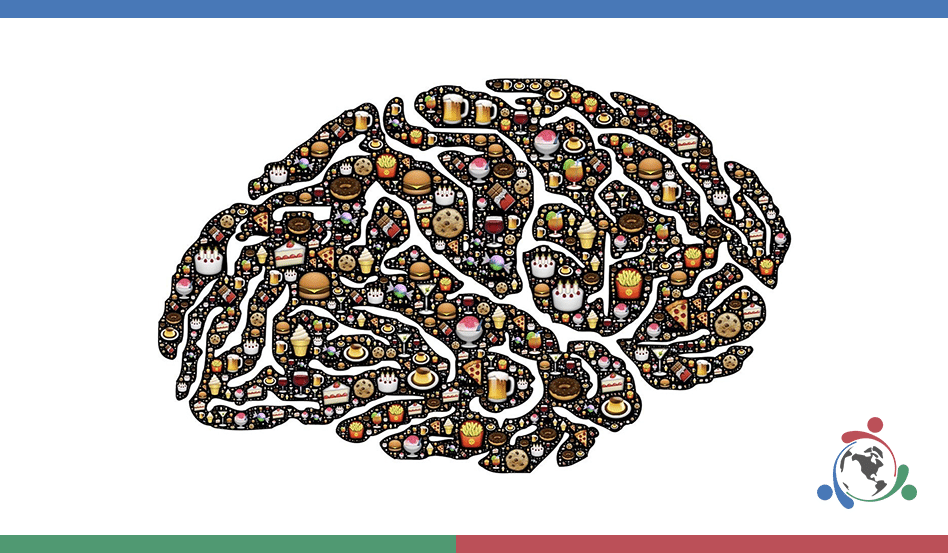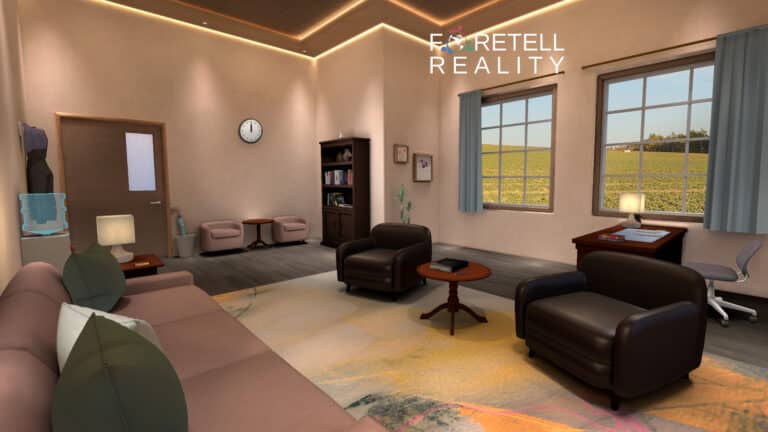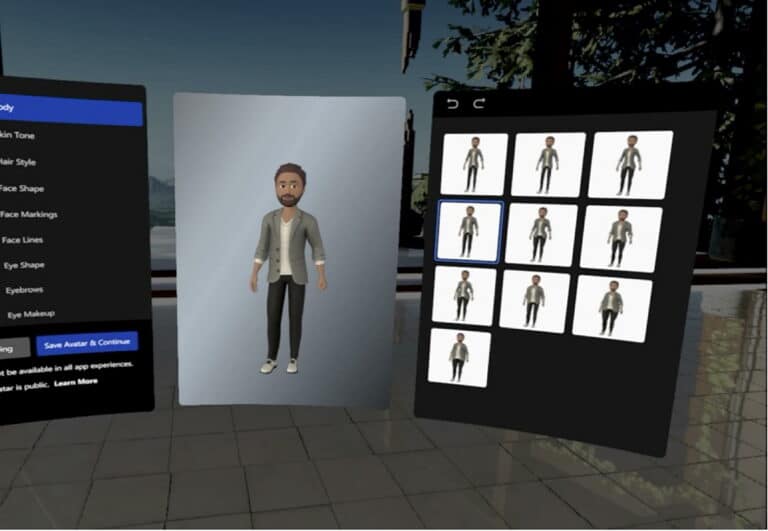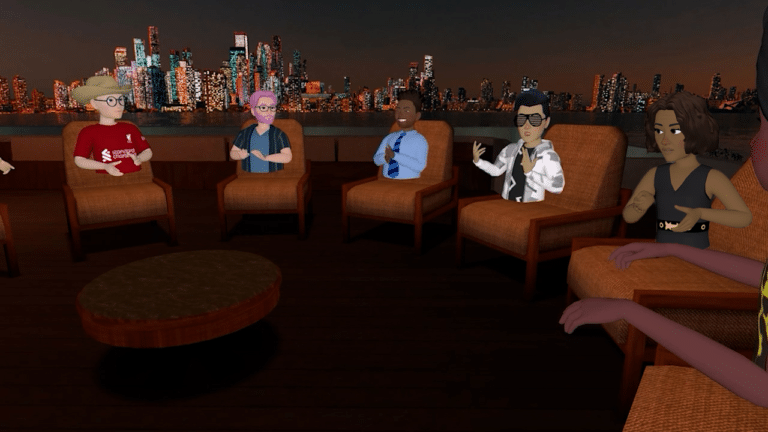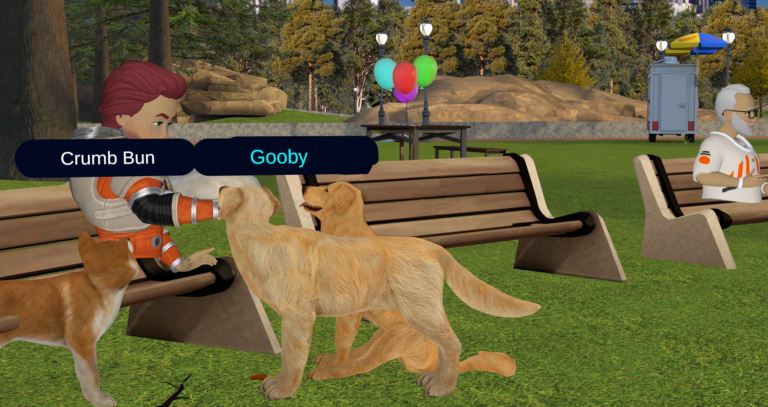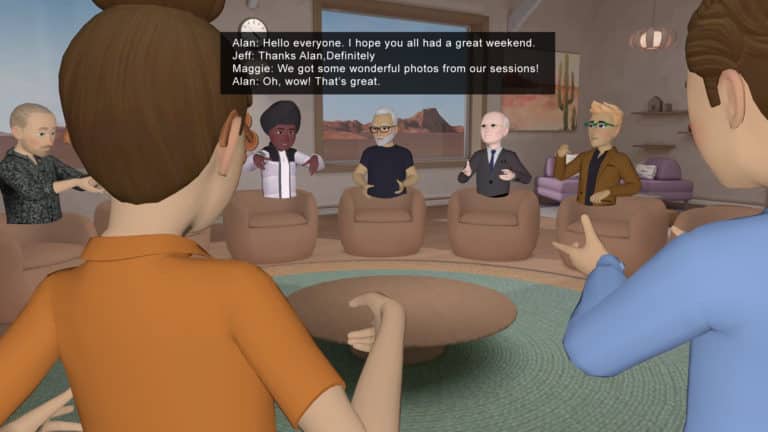Binge eating disorder (BED) is characterized by episodes of eating large amounts of food while experiencing a loss of control. It is the most common eating disorder in the United States, and it can be life threatening if not addressed.
To treat the condition, cognitive behavioral therapy is often applied but, according to researcher Stephanie M. Mannasse, this type of treatment is largely ineffective at targeting the loss of control because it is difficult to transfer treatment gains to real-world eating behavior.
To address this issue, Mannasse developed a proof-of-concept study and enrolled 14 adult subjects with a recent history of binge eating into a two-week Virtual Reality (VR) training program. The training followed a go/no-go paradigm.
“Throughout a series of trials, subjects were shown realistic 3D models of either a binge food item (e.g., pizza, fries), a fruit or a vegetable, or a neutral item (e.g., bowl, fork). The binge food items were paired with a “no go” cue, fruits and vegetables were paired with a “go” cue, and neutral items were paired with a “no go” cue half of the time and a “go” cue the other half of the time.”
Clinical interviews were conducted before, during, and two weeks after the training program and the following results were noted:
- Subjects showed reduced binge eating behavior throughout the training.
- Bingeing episodes continued to drop during the two-week follow-up period.
- Subjects rated most aspects of the training favorably, with many indicating that it was easy to use.
- Participation was high, with subjects missing an average of only one training per week.
The power of VR to change behavior in this study can be further extended and enforced by bringing people together who are also fighting BED in safe, anonymous, moderated VR environments.
The Foretell Reality platform offers features, tools, and spaces for VR support groups, VR group therapy, and other social behavioral treatment approaches like role play and guided exposure therapy. To schedule a demo, click here.


